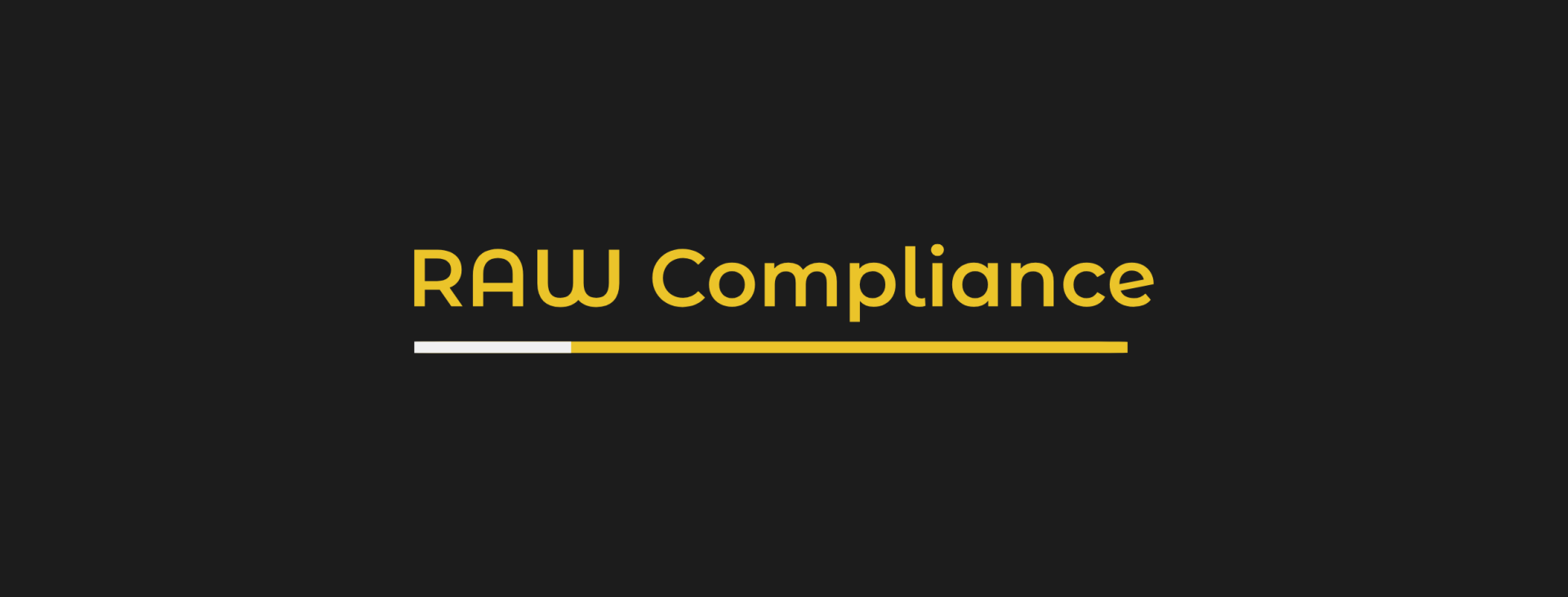Join today
AML/CFT Internal Audit Certification
A comprehensive certification providing the knowledge and tools for conducting internal audits of AML/CFT programs to ensure compliance and identify areas for improvement.
Format
Online
Course
Starting date
January
2026
Duration
10 weeks x
3 Hours per week
Price
FREE
What you are going to learn
A few more words about this course
Here’s an overview of what participants will learn:
1. Understanding AML/CFT Fundamentals
Key Concepts: Gain a thorough understanding of money laundering and terrorist financing, including definitions, stages (placement, layering, and integration), and common methods used by criminals.
Regulatory Frameworks: Learn about major international and national regulatory bodies and frameworks such as FATF (Financial Action Task Force), EU AML Directives, and the USA PATRIOT Act.
2. Risk Assessment and Management
Risk Identification: Understand how to identify AML/CFT risks specific to your organization’s operations, customer base, and geographical locations.
Risk Assessment Models: Learn to use various risk assessment models and tools to evaluate and prioritize risks effectively.
Mitigation Strategies: Develop strategies to mitigate identified risks, including implementing robust controls and monitoring systems.
3. Developing and Implementing AML/CFT Policies and Procedures
Policy Development: Learn how to create comprehensive AML/CFT policies that comply with regulatory requirements and industry best practices.
Procedure Implementation: Understand the steps to implement these policies effectively within your organization, ensuring all staff are aware and trained.
4. Conducting Internal AML/CFT Audits
Audit Planning: Gain insights into planning and scoping AML/CFT audits, including setting objectives, identifying key areas of focus, and allocating resources.
Audit Techniques: Learn various audit techniques, such as sampling, data analysis, and interviewing, to gather evidence and assess compliance.
Audit Tools: Familiarize yourself with tools and software that can aid in conducting thorough and efficient audits.
5. Evaluating Internal Controls and Systems
Control Frameworks: Understand different control frameworks and how they apply to AML/CFT compliance.
System Assessments: Learn how to evaluate the effectiveness of internal controls and automated systems designed to detect and prevent money laundering and terrorist financing activities.
6. Transaction Monitoring and Suspicious Activity Reporting
Monitoring Systems: Gain knowledge on setting up and maintaining effective transaction monitoring systems that can identify unusual or suspicious activities.
Suspicious Activity Reporting (SAR): Learn the process of filing SARs, including recognizing indicators of suspicious activities and ensuring timely and accurate reporting to authorities.
7. Regulatory Compliance and Updates
Compliance Requirements: Stay updated with current AML/CFT laws and regulations, understanding how changes impact your organization’s compliance obligations.
Regulatory Reporting: Understand the requirements for regulatory reporting, including what needs to be reported, how to prepare reports, and submission processes.
8. Conducting Investigations and Forensics
Investigation Techniques: Learn how to conduct thorough internal investigations when potential AML/CFT violations are detected.
Forensic Analysis: Gain skills in forensic analysis to trace illicit activities and gather evidence for further action.
9. Best Practices and Case Studies
Industry Best Practices: Discover best practices for AML/CFT internal audits through real-world examples and expert insights.
Case Studies: Analyze case studies of successful AML/CFT audits and investigations to understand practical applications of theoretical knowledge.
10. Reporting and Communication
Audit Reporting: Learn how to compile audit findings into comprehensive reports that highlight key issues, risks, and recommendations.
Communication Skills: Develop skills to communicate audit findings effectively to senior management, audit committees, and regulatory bodies.
11. Continuous Improvement
Audit Follow-Up: Understand the importance of follow-up audits to ensure recommendations are implemented and controls are improved.
Ongoing Education: Emphasize the need for continuous learning and staying abreast of new developments in AML/CFT regulations and practices.
